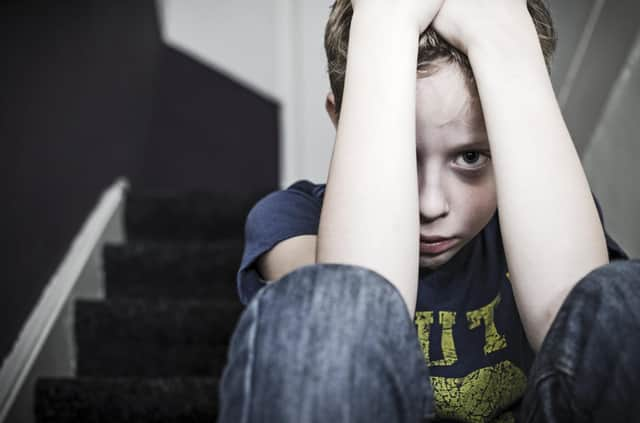Experiences of 400 Scottish children in trouble with the law cry out for compassion – Karyn McCluskey


These practical interventions make a difference to the lives of others every day. We need more positivity in our lives as a counterpoint to the terrible things happening at home and abroad to give us some hope.
However sometimes I see something that makes me take stock, such as the new report by the Scottish Children’s Reporter about the lives of 400 children between 12 and 15 who came into conflict with the law.
Advertisement
Hide AdAdvertisement
Hide AdIt’s no surprise from reading the lengthy and emotional report that these children ended up at the Reporter.
The report stated that the children’s “lives were characterised by adversity, trauma, neglect, exposure to harmful behaviours by others, victimisation and exploitation (including criminal exploitation and sexual exploitation), often compounded by socioeconomic disadvantage”.
The result was a group of children whose health and well-being was fundamentally damaged. They were self-harming, abusing substances and had lives threaded through with domestic abuse and aggression. And of course their education was impacted.
The majority of children had been involved with services because of concerns before they were 12 and many before they were even a year old. Most came to the Reporter under care and protection grounds with lack of parental care being the most common. A sizeable number of the 400 were in care.
We try hard to keep children out of the justice system, and for good reason. There are phenomenal people in Scotland trying to catch these children when and wherever we find them, to try to repair the harm, to envelop them in care and kindness, to change the trajectory.
Only 45 children out of the 400 had committed the most serious offences of a sexual or violent nature, and we are so much further forward in understanding the offending behaviour of these children and what needs to be done to mitigate the risk and address their offending behaviour. It’s complicated, long-term and specialised work.
We have changed the age of criminal responsibility to 12, but we are still behind many other progressive countries which have raised it higher, recognising the science and the opportunity to change these young lives.
I have written before about William Lindsay who took his own life aged 16 in Polmont Prison, a suicidal, traumatised child who came into conflict with the law. He is the child that this report epitomises, he is the face that comes to mind when I read about the lives of these children. His is the face that I think about when I talk about failure, his is the face.
Advertisement
Hide AdAdvertisement
Hide AdNo one should read this report, or the narratives of those failed by the care system and do nothing. It cries out for more preventative support in children’s lives, support for parents who might struggle with their own demons, it cries out for us to be compassionate.
My colleague James Docherty often says if you have a plant in a room with no light and it fails to grow, you wouldn’t yell at the plant saying it had made bad choices. We need to support children to thrive as well as survive.
Karyn McCluskey is chief executive of Community Justice Scotland
